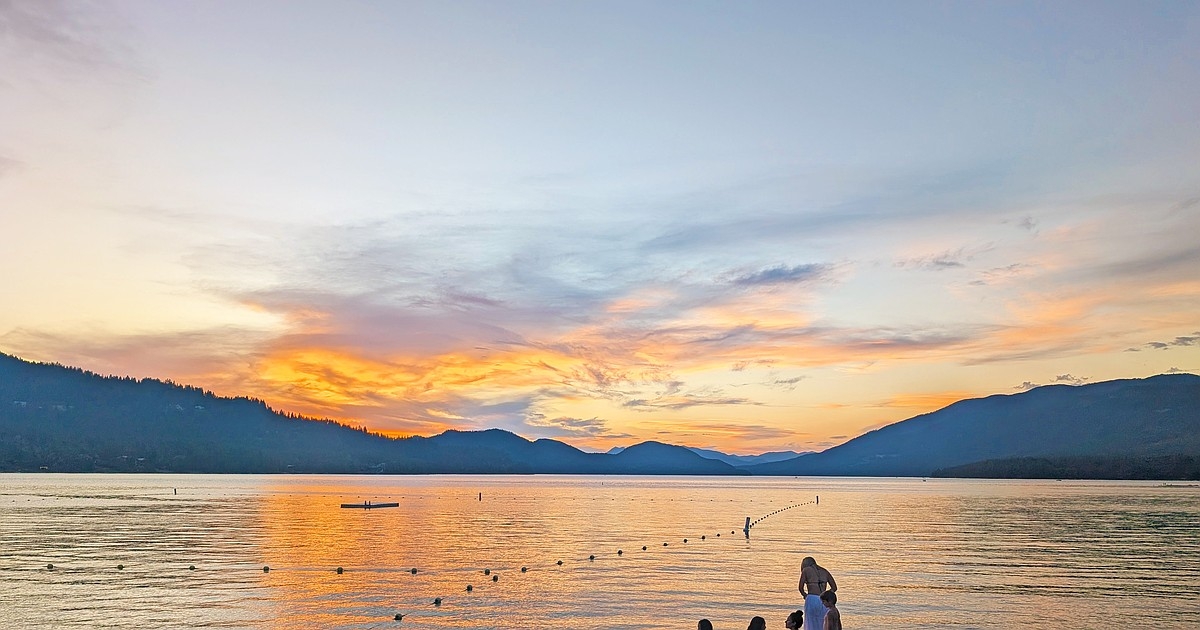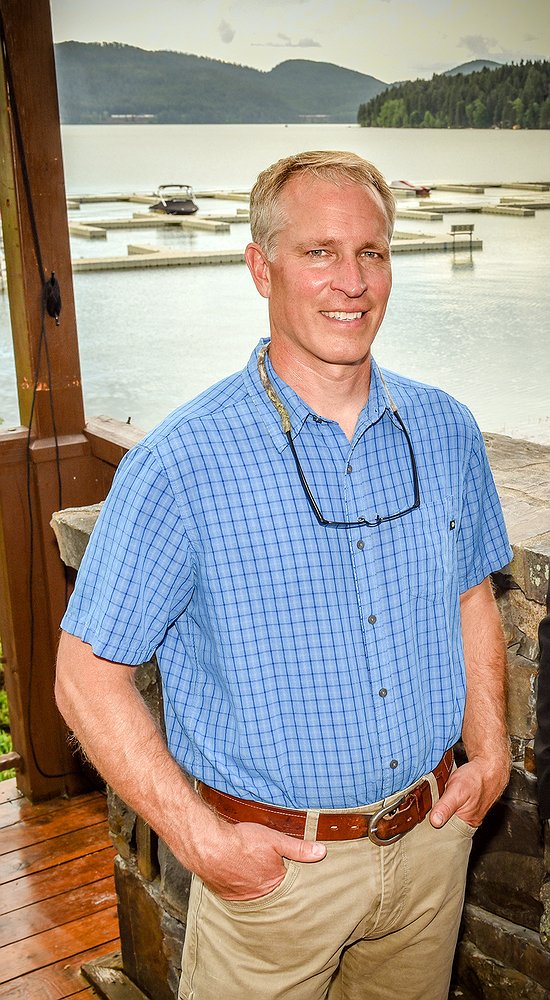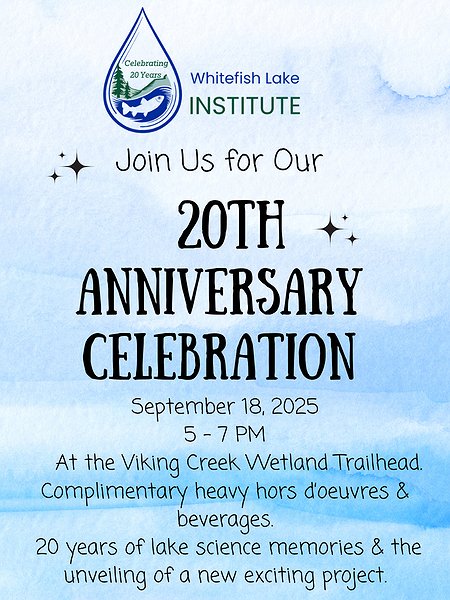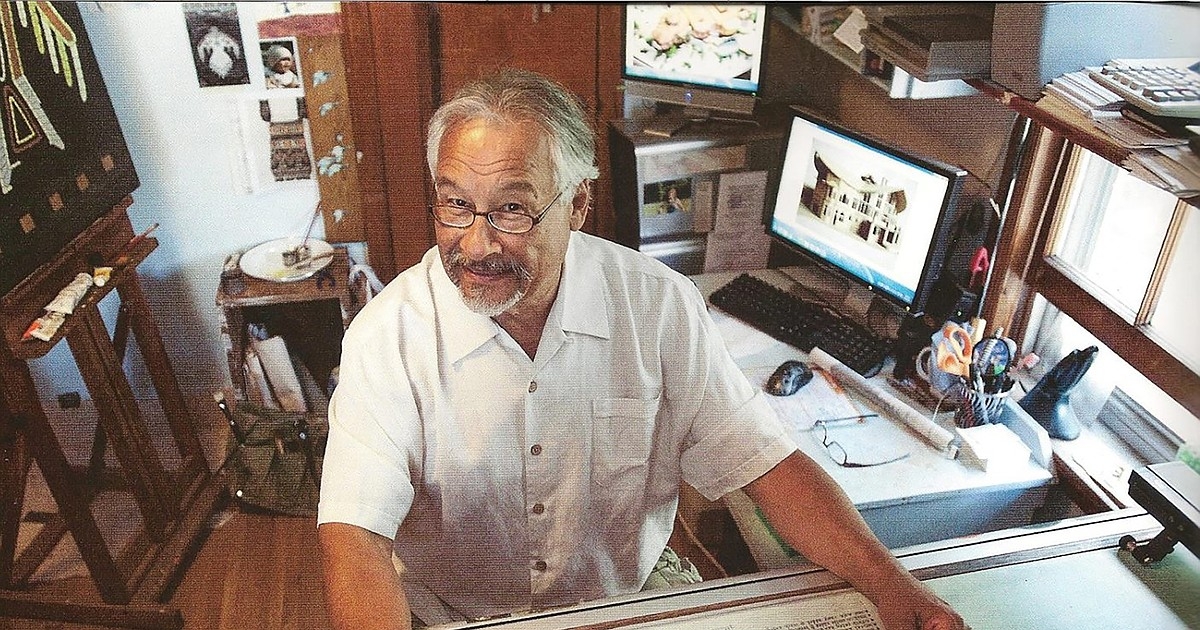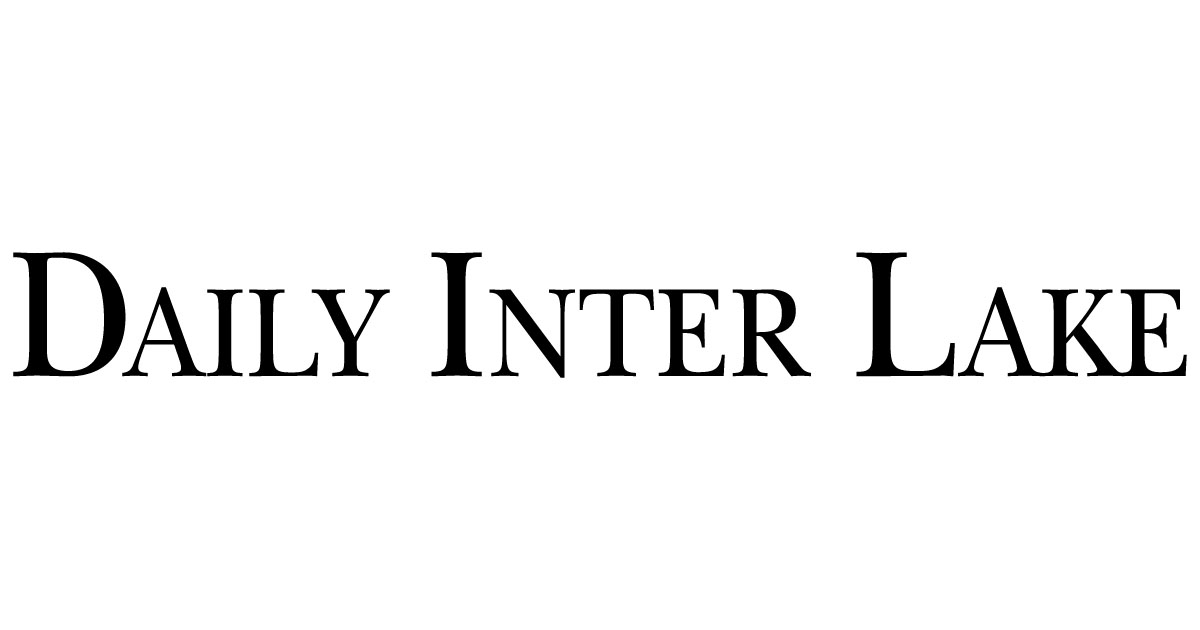Description
The Whitefish Lake Institute, an organization that serves as the voice of Whitefish Lake, is celebrating its 20th anniversary.
“I’m most proud of the fact that the Whitefish Lake Institute team has become a trusted community partner,” the nonprofit’s founder Mike Koopal said. “I’ve tried to lead by brokering even-handed solutions to what can often be complex natural resources issues. I feel like when we make recommendations, the community listens, understands and supports our well-reasoned approach.”
Koopal saw the need for the Whitefish Lake Institute in 2003 after the Whitefish Lake Advisory Group disbanded.
"That was unfortunate since the lake needed a voice due to increased development and recreational pressures, so, I spent a couple of years formulating the concept of the Whitefish Lake Institute and drafting a business plan,” Koopal said. “Since I was relatively new in town, I cold called community leaders to serve on the first board of directors. I’m not sure any of them read the business plan, but they all agreed that the time was right for a community organization to represent the lake.”
Since the Whitefish Lake Institute was founded, many community members have served on its board of directors, science advisory committee and former citizen advisory committee. Volunteers, individuals and businesses have also supported the organization’s efforts.
“I also think we’ve developed great partners whether it be the Whitefish Community Foundation, the Whitefish County Water District, Flathead Conservation District, and state and federal partners,” he said. “We’ve embraced the power of partnerships.”
The Whitefish Lake Institute has seen a number of successes in 20 years that have protected water quality and human health, thanks to over 15 years of long-term trend monitoring of key metrics for Whitefish Lake and local streams.
“I can get frustrated with the glacial speed at which natural resource protection or improvement projects often move forward. But it takes time to compile the supporting science, then inform decision-makers,” he said. “I often remark that it would have been great for a Whitefish Lake organization to have started in the 1970s or 1980s, but you have to start somewhere.”
Among the organization’s accomplishments are: partnership with Montana fish, Wildlife and Parks for the Northwest Montana Lakes Network to coordinate and train citizen scientists for 41 lakes in Northwest Montana; coordination of the Montana Lakes Conference every four years; coordination of the second and third editions of the Montana Lake Book; owning and managing the Averill’s Viking Creek Wetland Preserve; documentation of septic leachate entering the shoreline area of Whitefish Lake and of gasoline constituent loading.
The Whitefish Lake Institute drafted the local aquatic invasive species management plan that includes watercraft inspection stations, a high-risk watercraft decontamination station and early detection monitoring.
It promoted the control and eradication effort of Eurasian watermilfoil on Beaver Lake and is leading the curly-leaf pondweed control effort on Haskill Creek.
Still, Whitefish Lake and local streams face some significant challenges. Septic leachate is an issue affecting shoreline areas, evidenced by multiple Institute studies.
Koopal said lakeshore development has pushed the current lakeshore protection regulations beyond their limit. At the last session, he worked to update the original 1975 Montana Lakeshore Protection Act with a bill sponsored by Sen. Dave Fern, D-Whitefish. The bill draft failed in the Senate Natural Resources Committee.
“I hope to be back at the next legislative session with a revised approach and more supporters to give more teeth to the regulations,” Koopal said.
Other challenges are the high impact waves from wake boats that can disrupt the shoreline, leading to erosion and unwanted nutrients entering the lake. Or if an aquatic invasive species like zebra mussels were to infest Whitefish Lake, he said it would be a “game changer” to the lake ecology and to the local economy.
The issue more people should be concerned about, according to Koopal, are the many emerging water contaminates that can affect public health, including PFAS, pharmaceuticals, gasoline products, microplastics, perchlorates from fireworks, various items found in stormwater, or atmospheric deposition of contaminants like mercury.
Koopal said while science can set maximum contaminant levels for public health for some contaminants, to adequately describe the public health concern when these contaminants combine, like a chemical cocktail, is problematic.
Koopal said Whitefish is among the richest water quantity areas in the county, but the area is not immune to the effects of climate change, which alters the timing and magnitude of water delivery from snowmelt and drought.
“All we need to do is look at the issues currently being discussed at Flathead Lake and Little Bitterroot Lake to know that these resources are finite with multiple interests,” he said.
Whitefish Lake is different since it is a natural lake with no elevation controls and a relatively fast flushing rate. Koopal noted the lake has been subject to drought-like conditions for at least a decade, teetering on surpassing the record low elevation compared to records dating back to the 1950s.
Koopal currently serves as a governor-appointed member and chair of the Western Montana Conservation Commission, and he is president of The Salmonfly Project. In the past, he has served on the Flathead Basin Commission, Upper Columbia Conservation Commission, the Montana Water Pollution Control Advisory Council, the Montana Watershed Coordination Council, and the Whitefish Climate Action Plan committee.
”My barometer has always been science,” he said. “My decisions and those of our board have always been to protect the lake and do what’s best for the community.
"We have no regulatory jurisdiction, so we constantly navigate how best to interface with regulatory agencies to accomplish our goal of resource protection and community benefit,” he added
The Whitefish Lake Institute invites the public to celebrate its 20th anniversary on Thursday, Sept. 18, from 5-7 p.m. at the Viking Creek Wetland Trailhead.
Social hour is from 5-6 p.m., followed by a brief program at 6 p.m. Forage Catering will provide heavy hors d'oeuvres accompanied by beverages and cake.
Park in the Viking Lodge parking lot and take the Living Wetlands Interpretive Nature Trail, located immediately behind the Viking Lodge, directly to the festivities.
News Source : https://whitefishpilot.com/news/2025/sep/17/twenty-years-of-protecting-the-lake/
Other Related News
09/17/2025
UPDATE September 17 at 1033 am
09/17/2025
For more than 50 years Richard Wyman Smith was a quiet but unmistakable presence in White...
09/17/2025
Flathead County Library has new programming for all ages this fallThe library continues t...
09/17/2025


